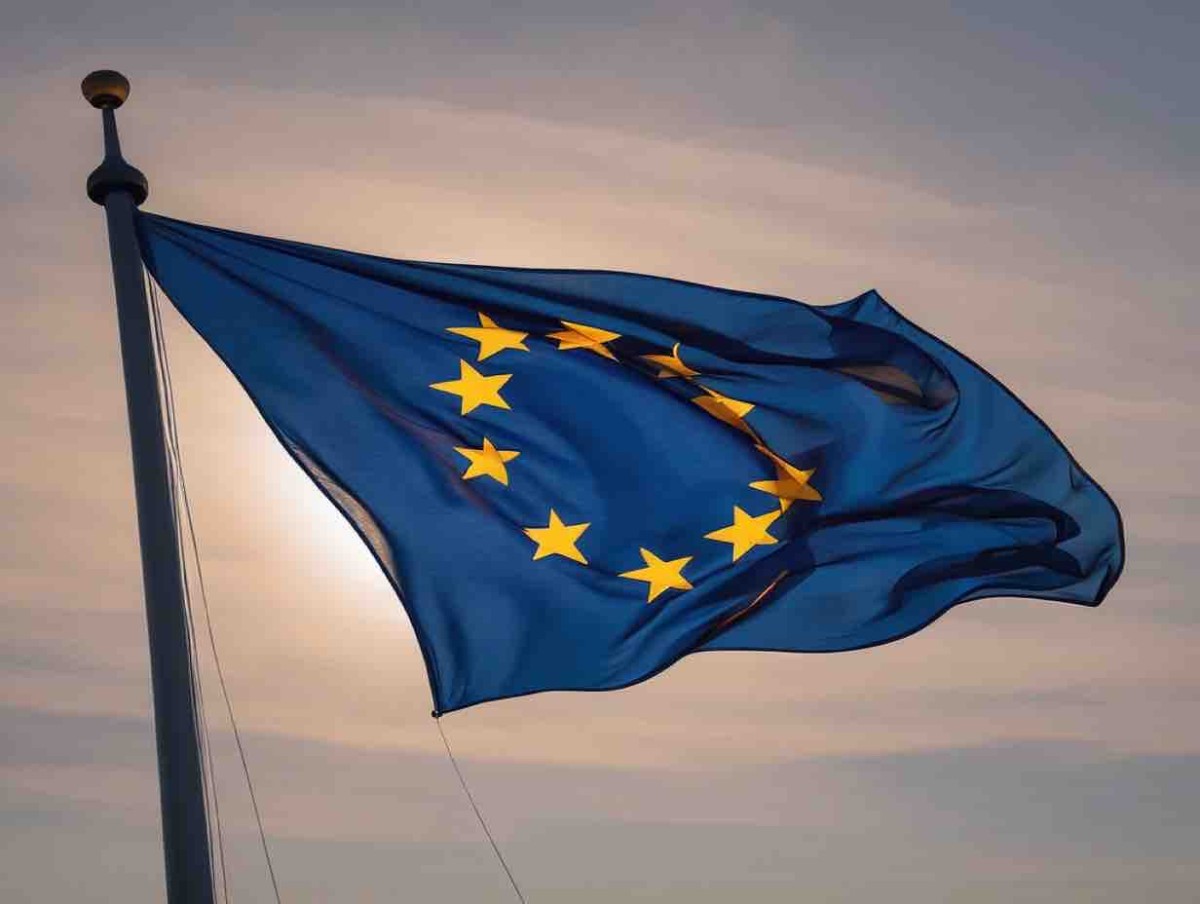European Central Bank (ECB) officials Ulrich Bindseil and Jürgen Schaaf have remained steadfast in their skepticism towards the recent approval of spot Bitcoin ETFs in the United States. Despite the Securities and Exchange Commission’s nod to 11 spot Bitcoin ETFs in January, which subsequently attracted over $3 billion in net flows and more than $1 billion in deposits within a week, Bindseil and Schaaf continue to express their reservations.
European Central Bank officials discuss Bitcoin and ETF
In a recent blog post, the European Central Bank officials expressed their dissent, rejecting the notion that Bitcoin investments are inherently safe or that the cryptocurrency’s recent rally signifies an inevitable triumph. They maintain their position that the fair value of Bitcoin remains at zero, echoing sentiments they voiced back in November 2022 when they declared Bitcoin to be on the “road to irrelevance.”
Key among their concerns are Bitcoin’s sluggish and expensive transaction processing, its unsuitability as an investment vehicle, and the environmental impact of its mining operations. Bindseil and Schaaf underscore the environmental repercussions, likening Bitcoin’s energy consumption to that of entire countries and highlighting the ongoing concerns about its environmental sustainability.
Moreover, the European Central Bank officials accuse Bitcoin of being rife with price manipulation and various forms of fraud, casting doubt on the integrity of the cryptocurrency markets. They dismiss the recent surge in Bitcoin’s price and market capitalization as a reflection of the potential social harm that could result from a collapse of the cryptocurrency market—a sentiment they describe as akin to a “bouncing dead cat.”
Bitcoin’s market dynamic and environmental concerns
Despite their reservations, Bitcoin continues to command a significant market capitalization, currently standing at $1 trillion, with a trading price of $51,645.91 as per CoinGecko data at the time of writing. While the cryptocurrency has experienced a slight gain since yesterday, it remains 1.7% lower than its value a week ago.
Bindseil and Schaaf’s stance underscores the ongoing debate surrounding Bitcoin’s intrinsic value and its long-term viability as a financial asset. While the approval of Bitcoin ETFs in the U.S. may signal a growing acceptance of cryptocurrencies within traditional financial circles, it has not swayed the skepticism of the European Central Bank officials who remain critical of Bitcoin’s fundamentals and its broader implications for the economy and the environment.
As the cryptocurrency landscape continues to evolve, with innovations and regulatory developments, the debate over Bitcoin’s place in the financial ecosystem is likely to persist. While proponents tout its potential to revolutionize finance and decentralize power, critics like the European Central Bank officials raise legitimate concerns about its practicality, sustainability, and systemic risks.
Ultimately, the future trajectory of Bitcoin and other cryptocurrencies remains uncertain, as their fate will be determined by a complex interplay of technological advancements, regulatory frameworks, and market dynamics. Until then, the debate between skeptics and enthusiasts will continue to shape the narrative surrounding the role of cryptocurrencies in the global economy.





